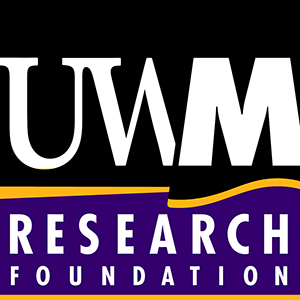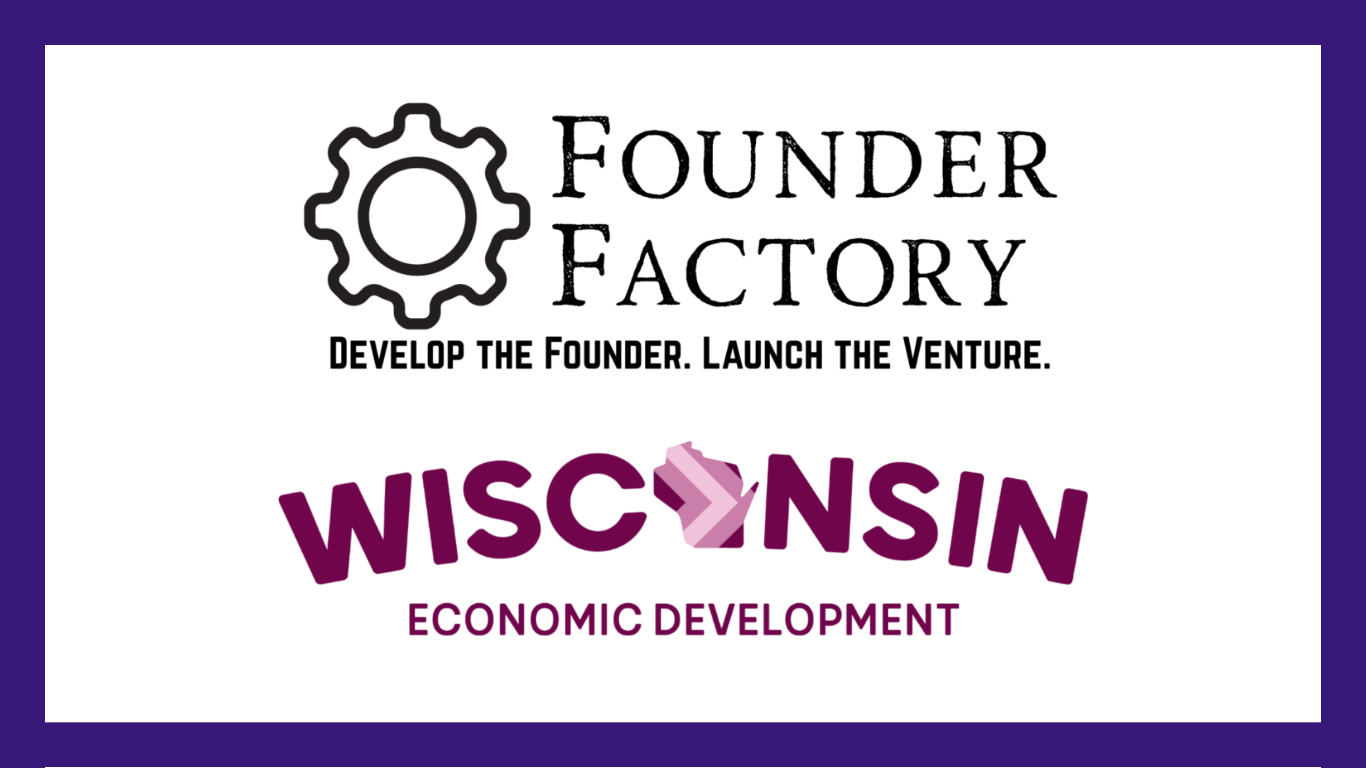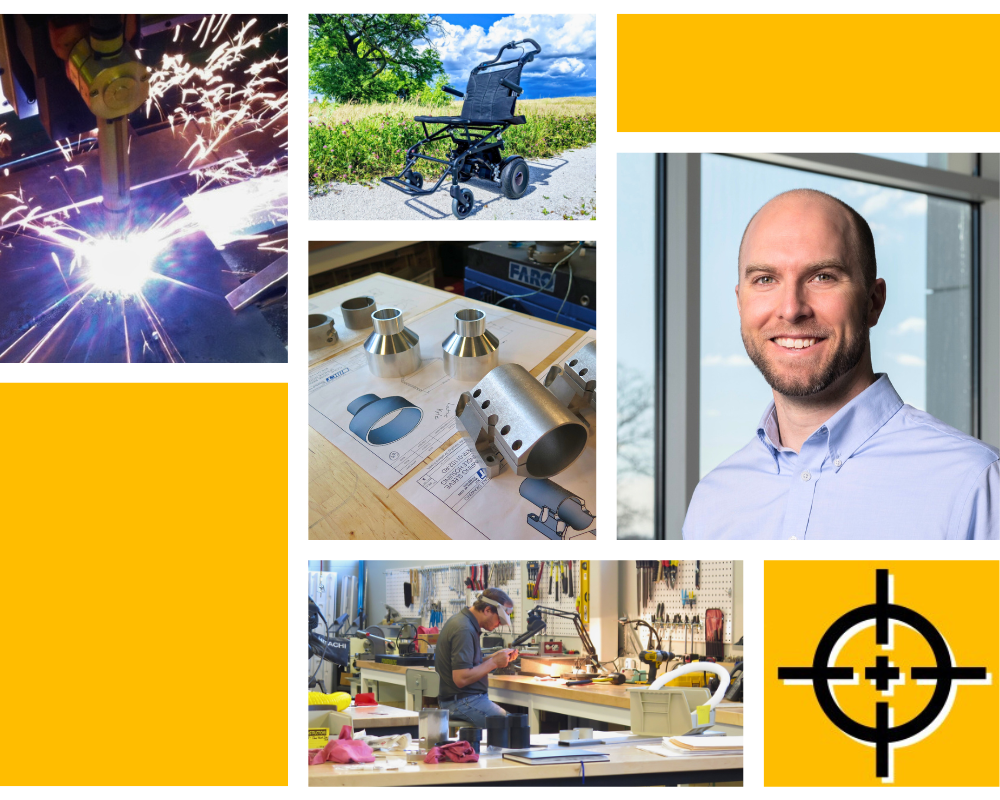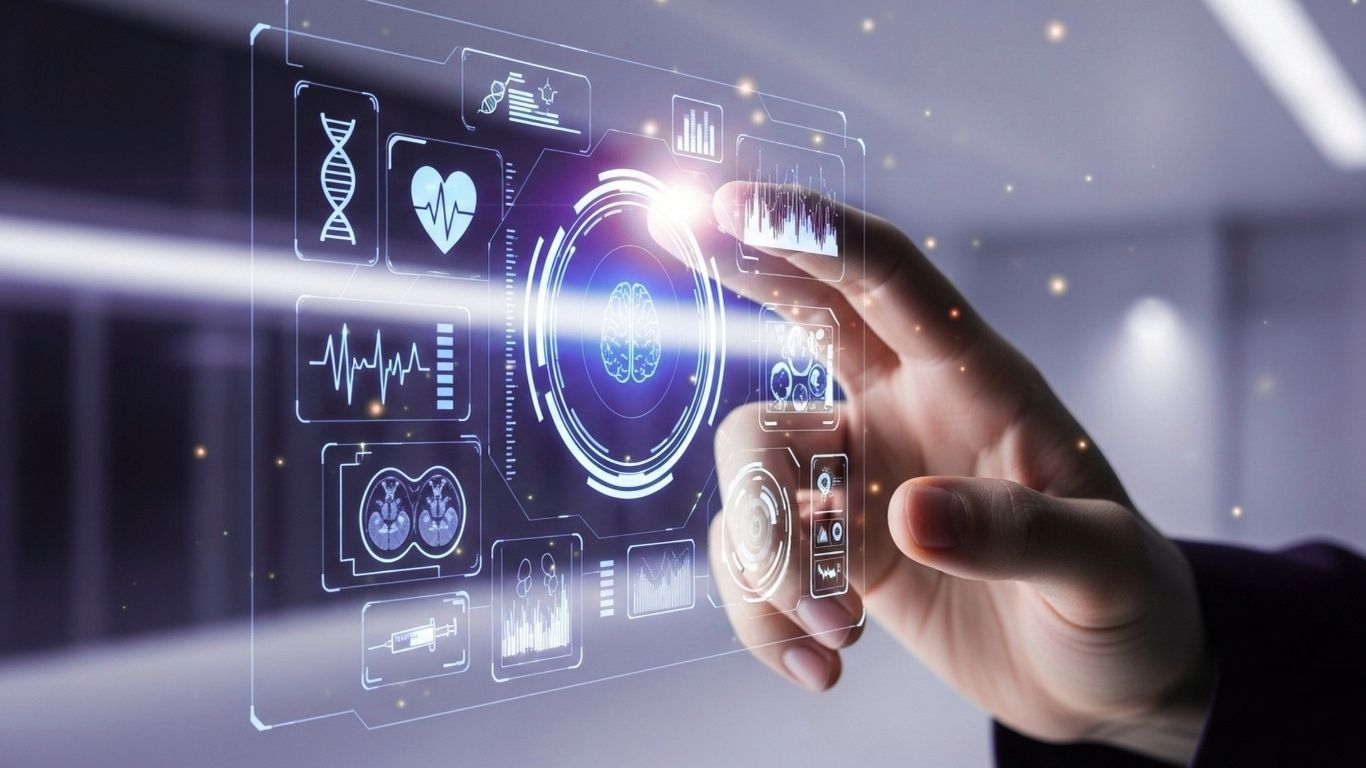Panther Partner Spotlight: Bill Weber – Advancing Power Tech Through Industry Collaboration
With decades of experience in industrial power conversion and leadership in engineering, Bill Weber now serves as a vital bridge between UWM and industry. Through initiatives like the GRAPES (GRid-connected Advanced Power Electronic Systems) consortium and expanded testing facilities, he helps companies accelerate innovation, solve complex energy challenges, and access top-tier research and talent. His mission: turning academic insight into real-world impact.
In this Q&A, Bill shares how UWM is helping companies tackle real-world energy challenges—from AI-driven power optimization to affordable access to high-power testing labs. He also highlights how industry partners can benefit from student talent, collaborative research, and the GRAPES consortium. Whether you’re in manufacturing, defense, or energy tech, Bill’s insights reveal how academic partnerships can drive innovation and growth.
Tell us about your main area of expertise.
From the start of my career, I’ve been focused on turning ideas into reality through industrial product development in power conversion—ranging from low horsepower systems to megawatt-scale Naval applications. Over time, I moved from engineering roles into leadership, eventually serving as VP of Engineering. Collaborating with universities like UWM gave our company valuable insights, talent, and research support. Now retired from industry, I work part-time at UWM to help bridge the gap between academia and industry. This connection is mutually beneficial—helping companies stay competitive while guiding university research toward real-world impact.
What are some ways you and UWM can help companies?
A major area of focus is the expansion of our test laboratories not only for joint industry and university research, but to allow companies to come in and lease the facilities at a reasonable cost and on a timely schedule. Building and maintaining these labs is a major capital challenge that many companies simply can’t take on alone. By combining resources from industry partners, UWM, and government grants, we’re creating shared facilities that give companies the access they need without the heavy financial burden.
We are also very focused on how our research can support both industry and the military. One key area is preparing a strong pipeline of highly trained students in power electronics and systems. As part of their graduate work, these students gain an understanding of the critical technology issues stopping companies from advancing to the next generation.
For example, rising energy demands are putting stress on medium voltage insulation systems due to faster voltage changes and the electrical noise they create. At the same time, companies are pushing for smaller, more affordable power converters that still deliver high performance. But with every design, there are trade-offs—like managing electrical interference. Our students and researchers work to model and optimize these complex systems to help companies build reliable, resilient, and cost-effective products.
Building on that innovation mindset, we’re also exploring how artificial intelligence can enhance energy systems. AI isn’t just a buzzword—it’s a powerful tool for improving how we manage and optimize power. At UWM, we’re developing AI-driven control systems that boost grid performance and resilience, with applications in both military and commercial sectors.
Give us a few examples of how you have helped companies in the past.
We’ve helped companies in two major ways. First, through our GRAPES consortium, industry sponsors identify technology challenges they want our faculty and graduate students to explore. These projects are reviewed throughout the year, with member meetings held twice annually to share progress, gather feedback, and shape future research. GRAPES has been running for over 15 years and continues to provide valuable support to local companies.
The second area is product testing. This includes high power sources, loads, instrumentation, an ability to emulate a renewable microgrid, and graduates to do the testing. For example, a local company brought in a hybrid energy storage system (HESS) designed to power a military base for several hours. We tested the system to validate its performance and identify limitations—something the company couldn’t do in-house. The results helped them refine their prototype and ultimately improve their product. The company planned to continue testing production units at UWM until they could invest in building their own facility. This is a splendid example of how UWM was able to support industry.
Is there a specific sector you would like to work with?
GRAPES consortium is focused on helping our Wisconsin companies in terms of generation, distribution, conversion, and management of power and energy. This includes research in insulation systems, switching device development, EMI/RFI mitigation, power conversion, common mode noise, control algorithms and application of AI. Wisconsin is a national hub for power conversion companies, so UWM is uniquely positioned to help our local industrial members. Companies know that the ability to stay competitive on a global scale requires a long-term view on technology development with practical product development testing assistance.
Can you tell us one fun fact about you personally or professionally?
For me as a retired engineer and product development manager, it is very important to help the next generation of engineers understand the type and reason their research is so important to industry. Since my background is from an industrial perspective, I always try to make sure the professors, and the graduates understand the pressures and critical hurdles industry is facing as they compete in this fast-changing world. The demands for more energy, more talent, lower cost products and shorter times to market have been and continue to be a fun and important challenge.



